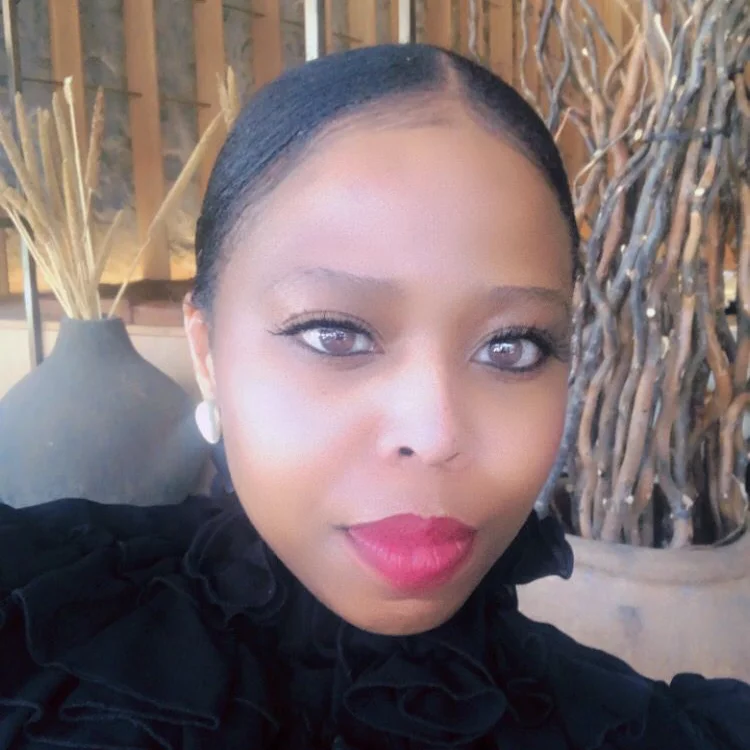Advice for the next generation
Laura Piddock is a microbiologist who has been working on antibiotics throughout her entire career. After years spent researching different drug resistance mechanisms at the University of Birmingham, she joined GARDP as Scientific Director. The advice she gives to inspire the next generation of women infectious disease scientists?
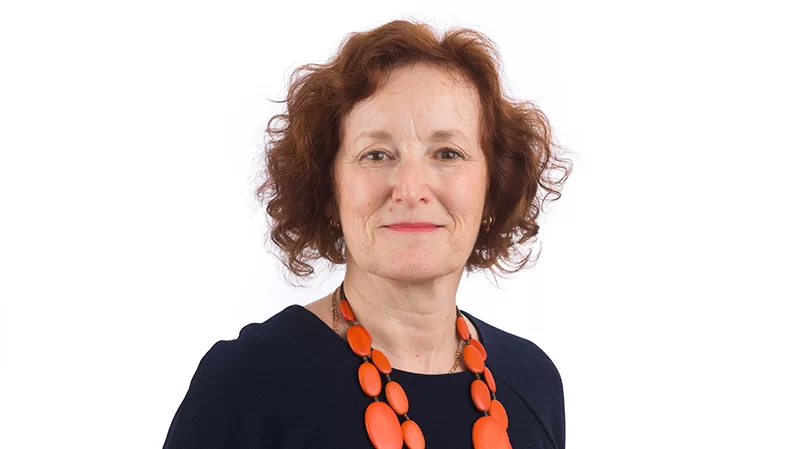
"Never, ever turn down an opportunity if you think you’re going to regret it. There is always a way of working things out. If you don’t like it, you can always change your mind and stop doing it. If you end up on too many committees, you can leave. If you end up doing a job you don’t like, find another one."
Exciting work that makes a difference
Raji Devarajan is a Consultant Clinical Research Manager for GARDP based in India, an important centre for research, development and manufacture of antibiotics and other medicines. For over 12 years, she has been involved in coordinating large multinational trials and translating trial evidence into public health interventions. For her, antibiotic research has been an opportunity to engage with experts in meaningful work.

"Working closely with experts in the field of AMR research in India has been exciting, and it has provided me with a fresh perspective on this growing global public health burden. As part of GARDP, I feel responsible for the impact we aim to have for the greater good."
A career shift to science
Rashmi Mathur is a paediatrician and clinical scientist with professional experience in India and Switzerland. Shocked by the difference in death rates between newborns in low-income countries versus high-income countries, Rashmi decided to pursue research in public health as a clinical scientist.
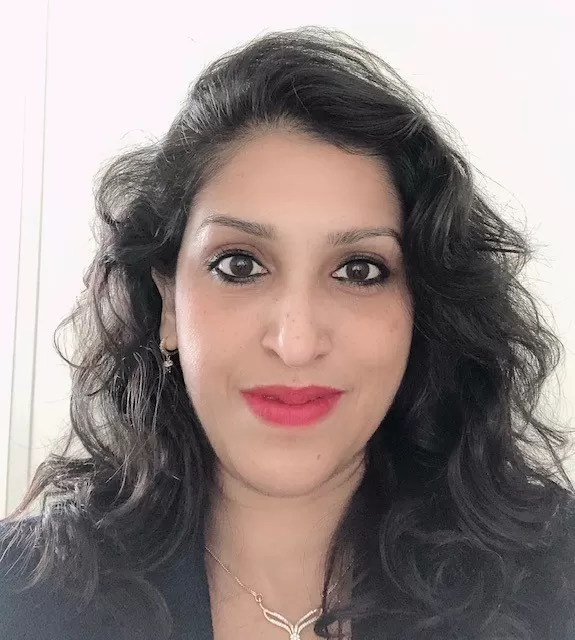
"With new antibiotics, I hope one day we will bring down the toll of preventable deaths due to antimicrobial resistance, especially in the vulnerable populations like newborns and children who are disproportionately affected by such infections. Every life that we save will be a victory!"
Detective work for patient safety
Gabrielle Kornmann holds a PhD in Pharmacology and is passionate about drug safety and pharmacovigilance. She combs through clinical safety data for all antibiotic treatments in GARDP’s portfolio. Her job brings together head and heart as she watches out for patient safety.
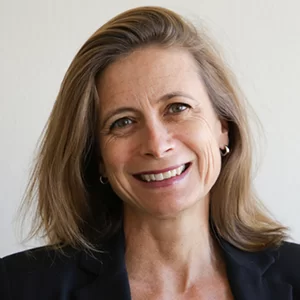
"When we become aware of a potential safety issue during a clinical trial, we carry out an investigation to figure out what’s causing the problem. Sometimes the patient’s own medical history is responsible. Other times, another drug taken by the patient is causing the adverse event, or the product under investigation itself raises safety concerns. I love this detective work, which is driven above all by patient health and well-being."
Creating solutions now!
As a doctor who specializes in infectious diseases, Jennifer Cohn has tended to patients with bacterial and other types of infections in Kenya, the United States, Jordan, and beyond. In these diverse healthcare settings, she has seen first-hand the consequences of lack of access to antibiotics and other essential medicines. As the Director of Global Access at GARDP, Jennifer is leading an effort to overcome barriers so that key antibiotics can reach patients in need.
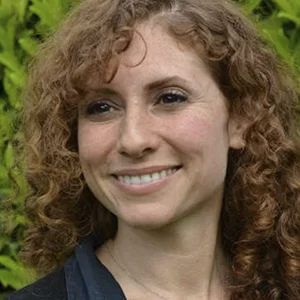
"Can we overcome the barriers? – yes absolutely. And this isn’t blind optimism. Just in the last few years we’ve seen exciting progress, for example in the development of national action plans in many countries. But will we overcome the barriers? That depends on political will and funding. With 1.3 million people dying as a direct result of AMR each year, we frankly can’t afford inaction."
Fulfilling and challenging work
Nathalie Khavessian is always up for a challenge. She has worked in the global health and drug industry for more than 14 years, and now manages studies and clinical trials to advance treatment options for newborns with sepsis, a life-threatening condition.
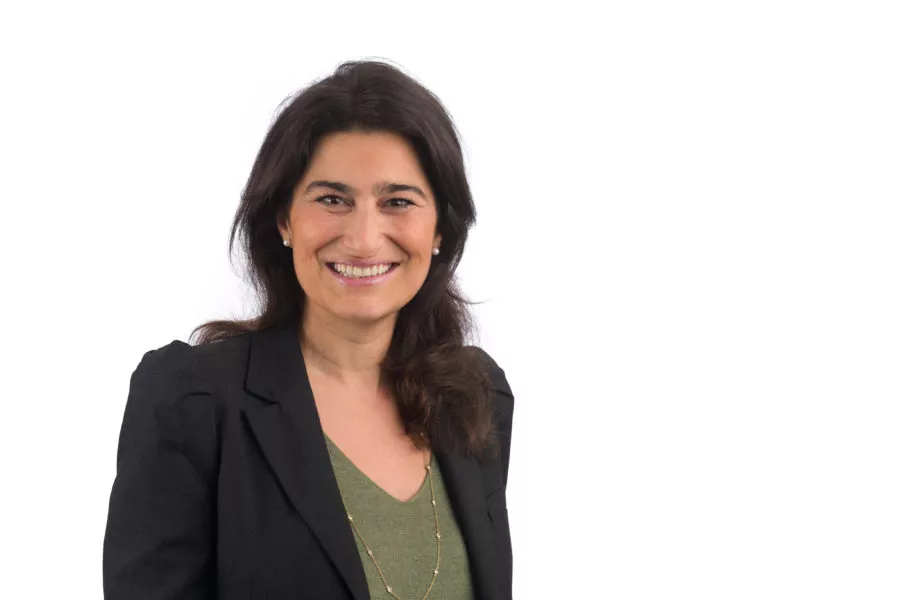
"I am proud to work on a challenging and innovative trial design to find new antibiotic treatments for newborns, a vulnerable population in desperate need of effective and accessible treatments in low- and middle-income countries, where sepsis is the third cause of neonatal death. My job as a lead clinical trial manager of GARDP studies on neonatal sepsis is extremely fulfilling."
Advancing health for all
Sibongile Ratlhogo has experience working in various disease areas—diabetes, Covid-19, Ebola, HIV, cancer, neuroscience, you name it! Her experience spans clinical research, medical affairs and regulatory work. Based in South Africa, Sibongile now manages GARDP clinical trials to develop new antibiotic treatments, especially for newborns.
